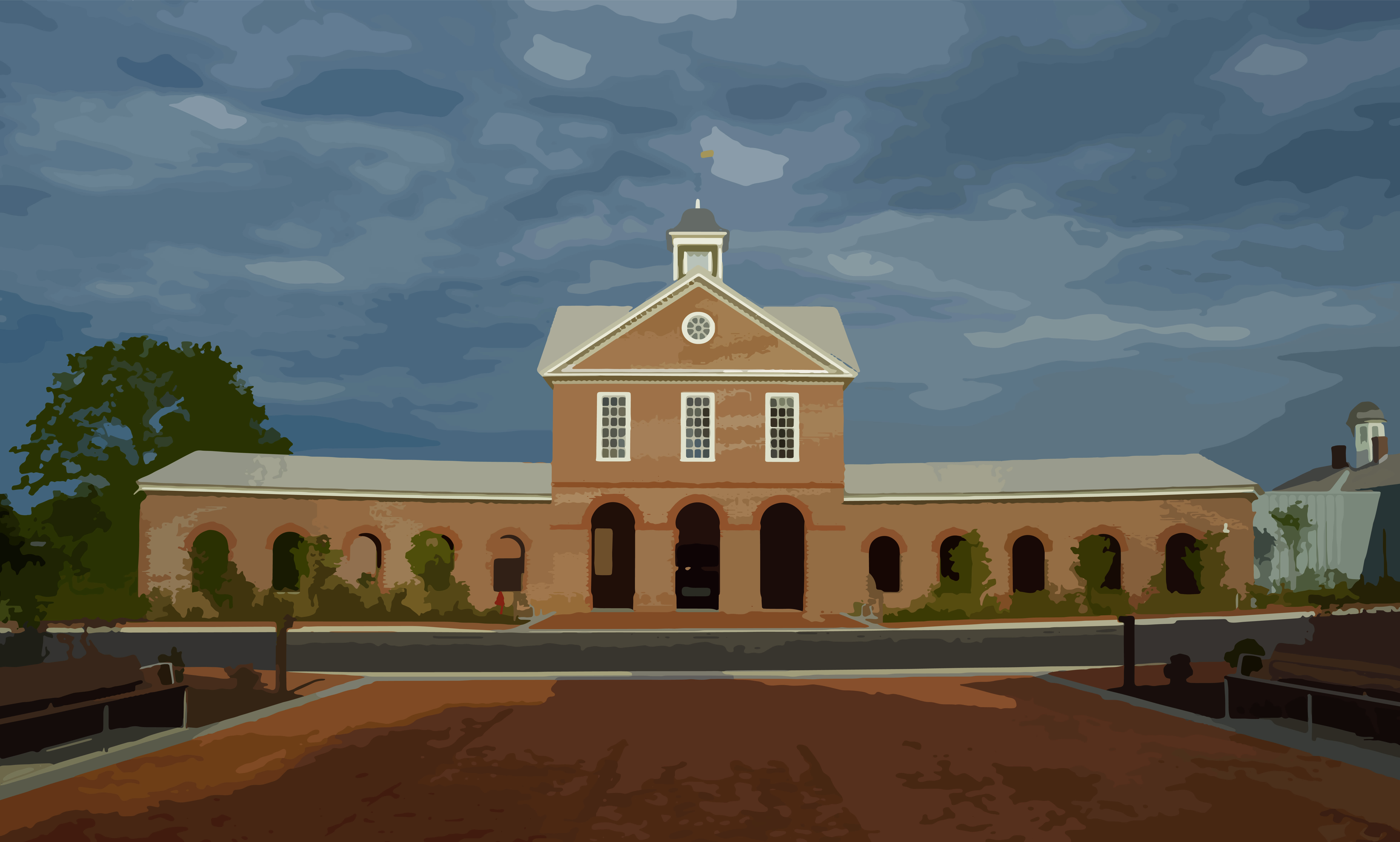Have you ever wondered what life was like in the bustling streets of Colonial Williamsburg? Imagine stepping back in time, surrounded by the sights, sounds, and craftsmanship of a bygone era. While the historic buildings and reenactors bring the past to life, you can also delve deeper into the artistic expressions of colonial America by visiting the art museums of Colonial Williamsburg. These museums offer a unique perspective on the lives, customs, and artistic sensibilities of the 18th century, showcasing a fascinating array of art forms that go beyond traditional paintings and sculptures.

Image: www.colonialwilliamsburg.com
Beyond the beautiful architecture and captivating reenactments, the art museums of Colonial Williamsburg provide a more intimate understanding of the daily lives, cultural values, and artistic heritage of the colonists. They house collections of furniture, decorative arts, silver, and paintings, offering a glimpse into the world of the wealthy planters, merchants, and artisans who shaped Colonial Williamsburg.
The Abby Aldrich Rockefeller Folk Art Museum: A Celebration of Simple Beauty
For a captivating journey into the world of American folk art, the Abby Aldrich Rockefeller Folk Art Museum is a must-visit. This museum, located on the grounds of Colonial Williamsburg, houses a vast collection of self-taught and traditional art created by ordinary people from all walks of life. From whimsical quilts and meticulously crafted wooden toys to vibrant paintings and captivating sculptures, the museum showcases the artistic spirit that thrived in the colonies.
Exploring the Heart of American Folk Art
The Abby Aldrich Rockefeller Folk Art Museum stands out for its emphasis on capturing the spirit of folk art, a genre often overlooked in traditional art history. The museum’s collection is diverse, featuring works from every region of the United States, spanning different time periods and cultural backgrounds. As you walk through the galleries, you’ll notice the distinct styles and themes that emerge from the different communities represented.
Highlights of the Collection
Among the museum’s highlights are the stunning quilts, a testament to the ingenuity and artistry of colonial women. The intricately patterned quilts, often crafted from repurposed fabrics and materials, served both as practical household items and as expressions of craftsmanship and personal aesthetics. The museum also boasts an impressive collection of painted furniture, showcasing the vibrant colors and decorative patterns that graced the interiors of colonial homes.
Another key aspect of the museum’s collection is its focus on American wooden toys. These charming hand-carved toys, crafted with simple tools and materials, provide a window into the world of childhood in colonial America. The toys reflect the imaginative nature of play and the importance of family and community in the lives of colonial children.

Image: www.colonialwilliamsburg.org
The DeWitt Wallace Decorative Arts Museum: A Journey Through Elegance and Utility
Adjacent to the Abby Aldrich Rockefeller Folk Art Museum stands the DeWitt Wallace Decorative Arts Museum, offering a captivating exploration of the elegant and functional objects that graced the lives of colonial elites. The museum features a curated selection of furniture, silver, ceramics, and glassware, showcasing the craftsmanship and artistry of the 18th century.
A Glimpse into Colonial Lifestyle
Stepping into the DeWitt Wallace Decorative Arts Museum is like entering a time capsule, transporting you to the opulent world of colonial gentlemen and ladies. The museum’s collection is meticulously displayed, allowing you to appreciate the intricate details and craftsmanship of each object. From elegant mahogany furniture adorned with intricate carvings to delicate silver tableware, the museum’s artifacts reveal the values and aesthetic sensibilities of the colonial elite.
Focusing on Functionality and Beauty
Despite their elegance, the objects in the DeWitt Wallace Decorative Arts Museum were not merely decorative items. They served crucial functions in colonial life, reflecting the values of practicality and resourcefulness that defined the period. You’ll find exquisite examples of furniture designed to be both comfortable and durable, as well as silver tableware that served both practical and symbolic purposes.
Beyond the Material: Understanding Colonial Societal Values
The DeWitt Wallace Decorative Arts Museum extends beyond showcasing beautiful objects; it offers a deeper understanding of the societal values and priorities of the colonial upper class. The museum’s collection reflects the importance of social status, wealth, and cultural influence in shaping colonial life. The elegant furnishings and intricate silverware speak to the desire for refinement and sophistication among the wealthy elite.
Art Museums Of Colonial Williamsburg
The Art Museums of Colonial Williamsburg: A Window into the Past
The art museums of Colonial Williamsburg are more than just repositories of historical artifacts; they offer a unique and intimate perspective into the lives, customs, and artistic expressions of colonial America. Whether you are captivated by the simplicity and ingenuity of folk art or enticed by the elegance and functionality of decorative art, these museums provide a journey through the artistic heritage of the colonists, enriching your understanding of this pivotal period in American history.
By visiting these museums, you gain a deeper understanding of the values, aspirations, and cultural influences that shaped the lives of the people who inhabited Colonial Williamsburg. These museums offer a fascinating glimpse into the past, allowing you to connect with a bygone era through the lens of art and craft. So, immerse yourself in the world of Colonial Williamsburg, and discover the richness and beauty of its artistic heritage.






